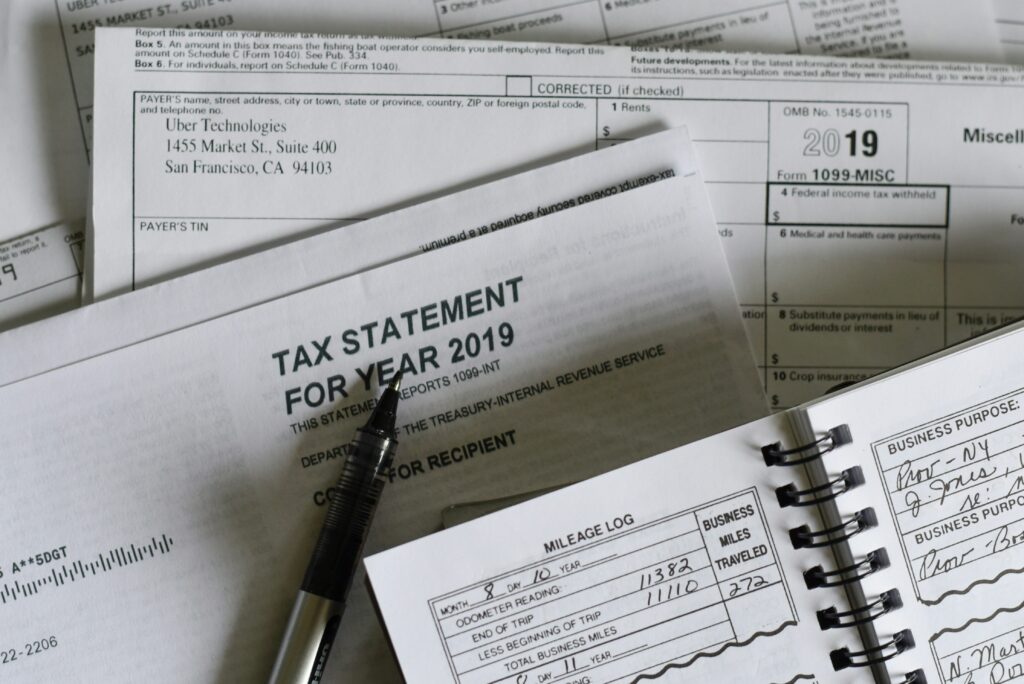As an expat, navigating Jamaica’s tax system may first appear overwhelming, but with the correct information and preparation, it may be a doable task. Understanding your tax residence status, taxable revenue, deductions, and allowances can help you maximize your financial condition while ensuring compliance. Recall to maintain correct documentation, fulfill all filing obligations, and get expert counsel if required. By using this guide, you’ll be able to focus on appreciating your expat experience in this lively Caribbean country while navigating the complexities of Jamaica’s tax system.

Determining your tax residency
Finding out your excise residence status is essential to knowing Jamaica’s tariff system in its entirety. For tax purposes, the Jamaican tax authorities classify people as either residents or non-residents. In general, residing in Jamaica for 183 days or longer during a tax year is required. Determining your residence status is crucial as it dictates the amount of taxes you must pay within the nation. You may determine your tariff responsibilities more precisely by determining if you are a resident or non-resident. This can help you understand Jamaica’s tax system and make sure you are following all applicable requirements.
Understanding taxable income
Knowing what is taxable revenue in Jamaica is important after your residence status has been determined. If you live in Jamaica and are an expat, you will usually have to pay taxes on your international income. This covers earnings from jobs, side jobs, investments, rental properties, and any other sources of income.
Tax deductions and credits
In Jamaica, taxpayers can benefit from various deductions and credits to reduce their overall tariff liability. Understanding these deductions and credits is essential for effective excise planning. Here are some common tax deductions and credits available in the country.
- Personal relief
Every taxpayer in Jamaica is entitled to personal relief, which is a deduction from their taxable income. The personal relief amount is determined annually by the government and is subtracted directly from your total income before calculating the tariff payable.
- Medical expenses
Taxpayers in Jamaica can claim deductions for qualifying medical expenses. This includes expenses incurred for medical treatments, hospitalization, and prescribed medications. It’s important to keep receipts and supporting documents for these expenses.
- Approved pension contributions
In Jamaica, contributions to pension plans that have been authorized are deductible from taxes. People are encouraged to save for retirement by this deduction, which also lowers their taxable income. To learn about the regulations and restrictions on pension contributions, it is recommended that you speak with a financial counselor.
- Charitable donations
Donations made to registered charitable organizations in Jamaica can be claimed as deductions. The deductions are subject to certain limits and conditions, so ensure that the organization is registered and that you have proper documentation for the donations made.
- Capital allowances
Business owners and self-employed individuals can claim capital allowances for qualifying assets used in their business. These allowances provide deductions for the depreciation or wear and tear of assets over time. It’s essential to consult with an accountant or tariff advisor to determine the eligibility and calculation of capital allowances.
Double taxation agreements
Double Taxation Agreements (DTAs) are a vital instrument for advancing global investment and commerce. The country has several DTAs with other nations since it understands the value of these accords. By removing the double taxation of income and capital gains, these accords hope to promote international trade.
As a significant commercial partner, the United States is one of Jamaica’s most important DTAs. To prevent firms and people from paying double taxes on their income, this agreement allocates the taxing powers between the two nations. It also has clauses that allow information sharing and support for tariff collection. Foreign investment in Jamaica and the promotion of economic cooperation have benefited greatly from this DTA.
Apart from the free trade agreement (FTA) with the US, Jamaica has also inked deals with the UK, Germany, Canada, and the United States. Numerous topics are covered under these agreements, such as the taxation of dividends, interest, royalties, and corporate earnings. Through the reduction of excise obstacles and more assurance for taxpayers, these agreements enhance Jamaica’s investment environment.
You may also find these articles helpful
